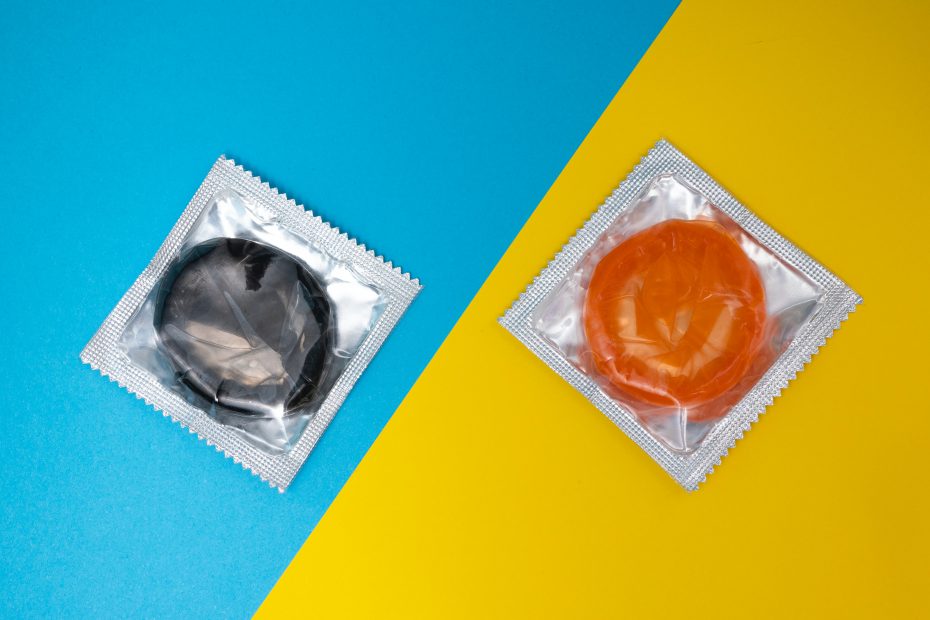Back during “normal” times — before the world became engulfed in the COVID-19 pandemic — there were an estimated 23 million sexually active adolescents (15-19 years old) in developing regions who did not have access to modern contraception according to Guttmacher Institute. A lot of these young people were relying on traditional methods such as abstinence and withdrawal, or were simply not using any contraception at all.
Now, worldwide lockdowns have put millions and millions more out of reach of birth control. We don’t have any data yet on exactly how many young people are affected, but the impact is massive and acute.
According to the International Planned Parenthood Federation, more than 5,600 sexual health clinics across 64 countries have already shut down due to the coronavirus. Community outreach services that normally work to reach remote areas have stopped to avoid drawing crowds and the risk of spreading the virus from one community to the next. Countries particularly affected by closures include Colombia, El Salvador, Ghana, Malaysia, Pakistan, Sri Lanka, Sudan, Uganda, and Zambia.
In those areas where family planning is still available, many young people are not able to reach those services in the absence of public transport options or because they are simply too scared of going out on the street and being beaten by security forces and accused of defying the lockdown restrictions.
Having to stay home with their partners, confined to a small space and with little other things to do, we all know that contraceptives are an absolute necessity. Without birth control options, there will be many more unintended pregnancies and, in the absence to safe and legal options, more unsafe abortions. These are incredibly worrisome prospects that governments and healthcare providers will have to do their utmost to prevent.
But you as a young person can also play a role: if you are sexually active but cannot access a family planning service at this time, try to get contraceptives that are available without prescriptions, like the morning-after-pill (if you need emergency contraceptives) or condoms (bonus: condoms will help protect you and your partner from STDs too). You can get condoms at most convenience stores, pharmacies, drug stores, and online. If you use condoms along with another method like spermicide or withdrawal (aka pulling out) you’ll get extra protection from pregnancy. Or, if you happen to live in Rwanda or Kenya, check out Kasha, a new mobile e-commerce startup that delivers essentials like the birth control pill and condoms directly to your home or a local Kasha pick-up point in your neighborhood.
Stay safe!
